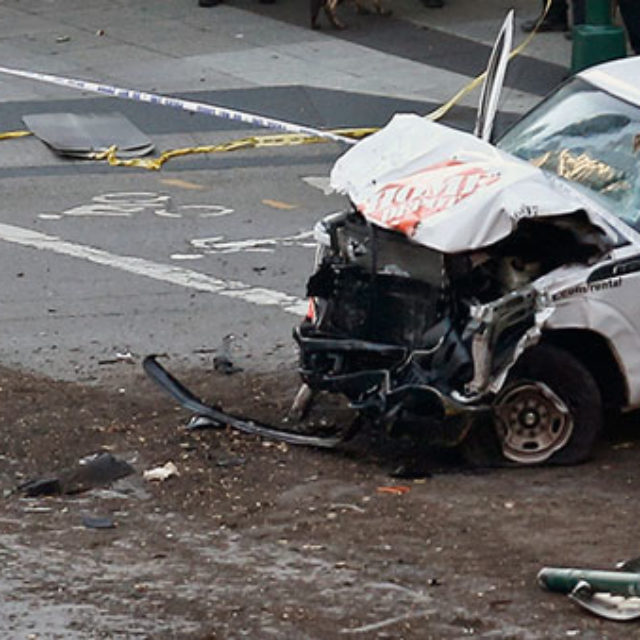Shakir Mustafa, teaching professor of Arabic at Northeastern, says that religious extremists in Middle Eastern countries have coopted the phrase as a rallying cry, falsely referencing the Quran to claim Islamic superiority over all other religions.
Last week, after a man drove a truck into a crowded bike path in Manhattan, killing eight people and injuring 12, he jumped out of the cab and shouted “Allahu akbar.” It was the latest in a string of attacks punctuated with this exclamation.
The Arabic phrase simply means “God is greater,” but it has been wielded by those who carried out the attack on the French satirical magazine Charlie Hebdo in 2015, as well as by those who ran down a British soldier near a military barracks in 2013.
The result, for many, is a phrase—and more broadly, a language—that has nearly become synonymous with visions of religious extremism and violence. Last year, for example, a student was removed from a flight after another passenger overheard him saying “inshallah,” a phrase meaning “God willing.”



